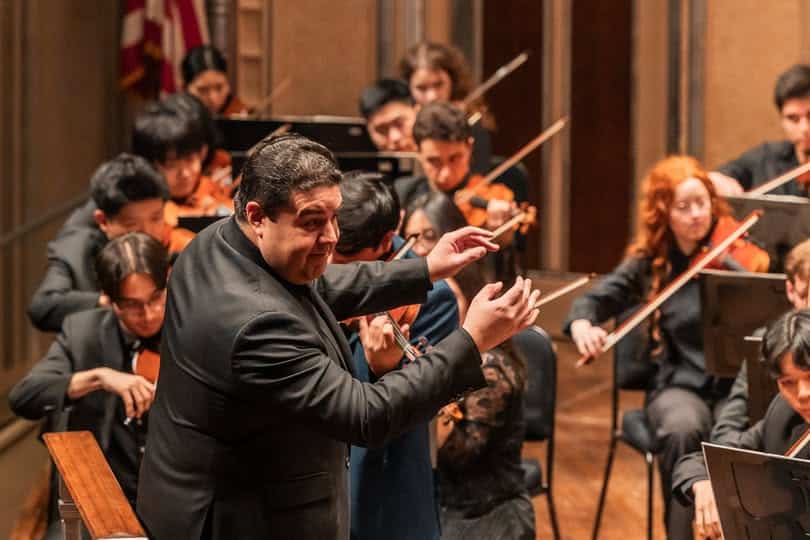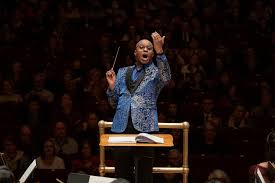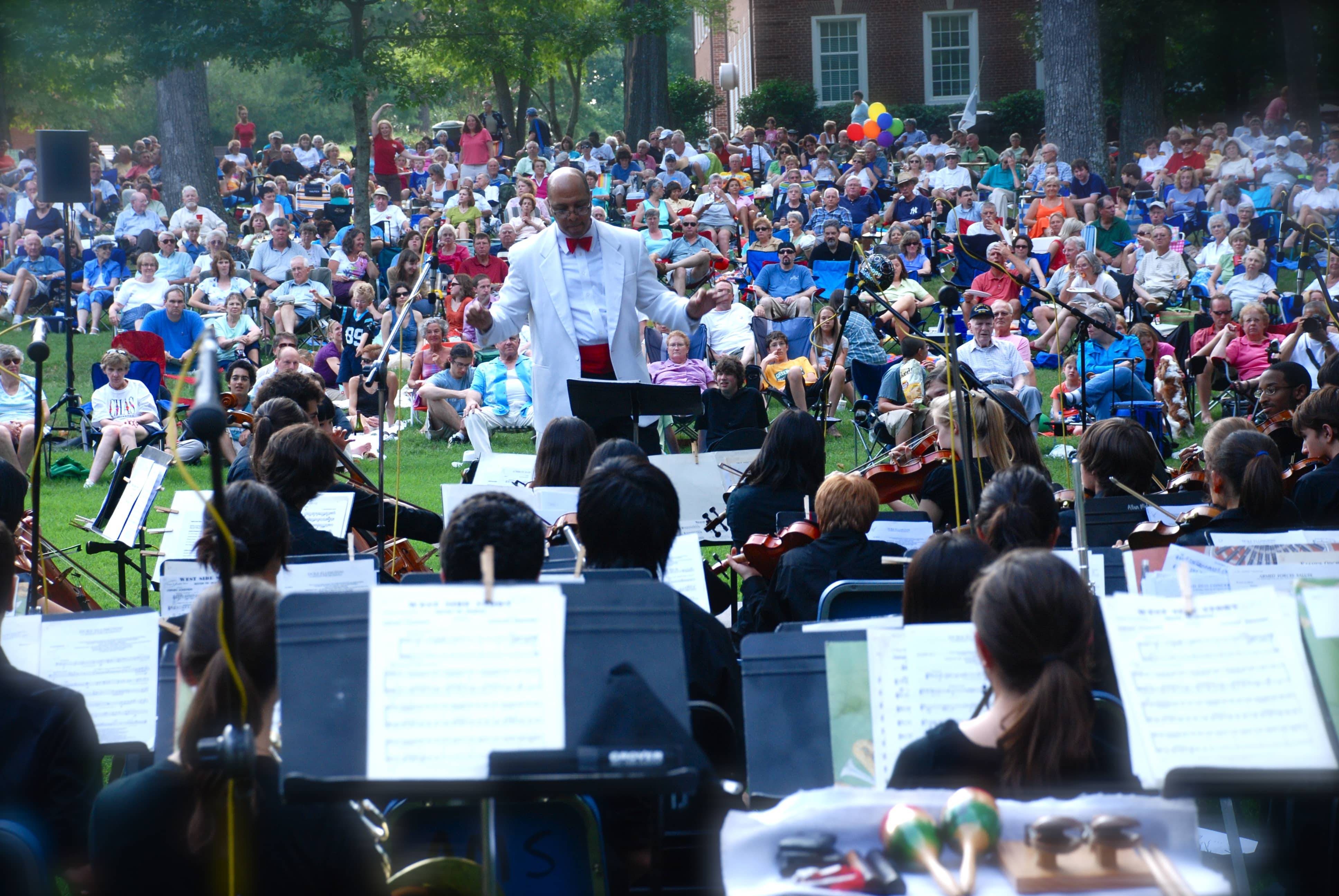Michael Tanner: Mahler’s time has been and gone
mainThe veteran Spectator critic lets rip with a rant:
Mahler said his time would come; the question now, for me, is when it will go. For the symphonies, up until the last, are all flawed; in different ways, but primarily because they peddle sentimentality as courage, heroism, defiance and piety. Furtwängler, who only conducted any of the symphonies fairly early in his career, told his second wife that when he got to the end of the Third Symphony he felt as if he had slept with a meringue in his mouth.
Read on here.
Furtwängler’s hostility to Mahler is well documented, and he’s entitled to his view. But if Mahler’s symphonies are flawed, compared to Furtwängler’s windy symphonies they are the greatest works of mankind.






Comments